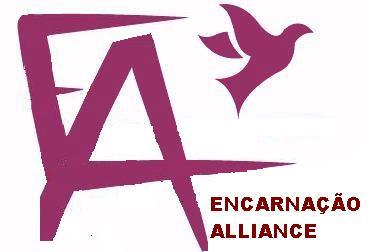Brief Introduction to Urban Economic Theories
This is a brief introduction to Economic Theories that affect the informal sectors of the city. Some of the theories are about cities. Some come from development economics.
The study of urban economic systems has built from geographic analyses in urban geography of the nature of growth of economic relationships within cities (Donald MacNeill and Aidan While, 2001). Some of these studies significantly influence our perceptions of economies in the slums. Jane Jacobs (1984, Cities and the Wealth of Nations) argues that cities rather than nations are the proper unit of study of economics. Milton Santos (1979, The Shared Space) and Hernando de Soto (1989, The Other Path) create theories of the structure of economics in the informal sector. De Soto then identifies pathways to transform these into connection to the legalities of the formal sector.
Development economics focusses on how nations can evolve out of poverty. It tends to have both financial and social goals as outcomes, much more than classical economics.
In the twentieth Century there are only three configurations of national econmic systems that have survived: Capitalism, Marxism and Socialism. There is some degree of convergence in the global economic order: Biblical Principles of productivity and creativity are found in each. The differences lie as to who controls the processes of productivity and how do these systems incentivize creativity. Similarly all have a sense of the common good, of cooperative economic processes. The differences are in how these are defined. As you work through the readings and presentations document on a chart how the ten principles of Biblical Economics from the first module are outworked in each of the economic models. Using this seek to predict how each system will succeed or fail.
Presentations
Few are familar with the underying concepts of Marx in contrast to Capitalism or socialism.
Students wil present on one of the following to the rest of the class (if students have taken this topic in TUL540 they are to select a different reading to present):
- 2 circuits theory (Santos) ppt summary
- Import replacement theory (Jane Jacobs)
- Equality of cities theory (Jacobs)
- Just urbanization gradient theory (Grigg)
- Cost of Excessive Bureaucracy (de Soto)
Urban Economic Studies readings (links to be corrected)
- Santos, Milton. (1979). The Financial Mechanism of the Lower Circuit. The Shared Space (trans from Portuguese, C. Gerry, Trans.). London and New York: Methuen ·(Presentation on Chapter 8 by Adam).
- Santos, Milton. (1979). The Informal Sector. The Shared Space.
- de Soto, Hernando. (1989). The Costs and Importance of Law. In The Other Path. pp 131-187.
It is good to read the whole book on kindle, his life history in the introduction is inspiring.
- Jacobs, Jane. (1984). Cities and the Wealth of Nations. The Atlantic Monthly (Mar/Apr 1984). ch 2. (Presentation by Sajira)
- Jacobs, Jane. (1984).Back to the Drawing Board. Cities and the Wealth of Nations
- Jacobs, Jane. (1984).Back to the Drawing Board. Cities and the Wealth of Nations
- Donald MacNeill and Aidan While. (2001). The Urban Economy. Handbook of Urban Studies. Paddison, Ronan, ed. Sage Publications.
- Bannerjee, Abhijit. (2009). Poor Economics. (see interview)
-
The relationship of urban church growth and economics is not easy to unravel. One attempt:
Martin, David. (1990). Protestantism and Economic Culture: Evidence Reviewed. Tongues of Fire, pp 205-232. (to be Scanned) -
Grigg, Viv. (2004). A Just Urbanization Gradient. Cry of the Urban Poor. 1st edition. MARC. pp___ (to be scanned)
Outcomes
Students will be able to identify the above authors and their contribution to urban economic theory.

